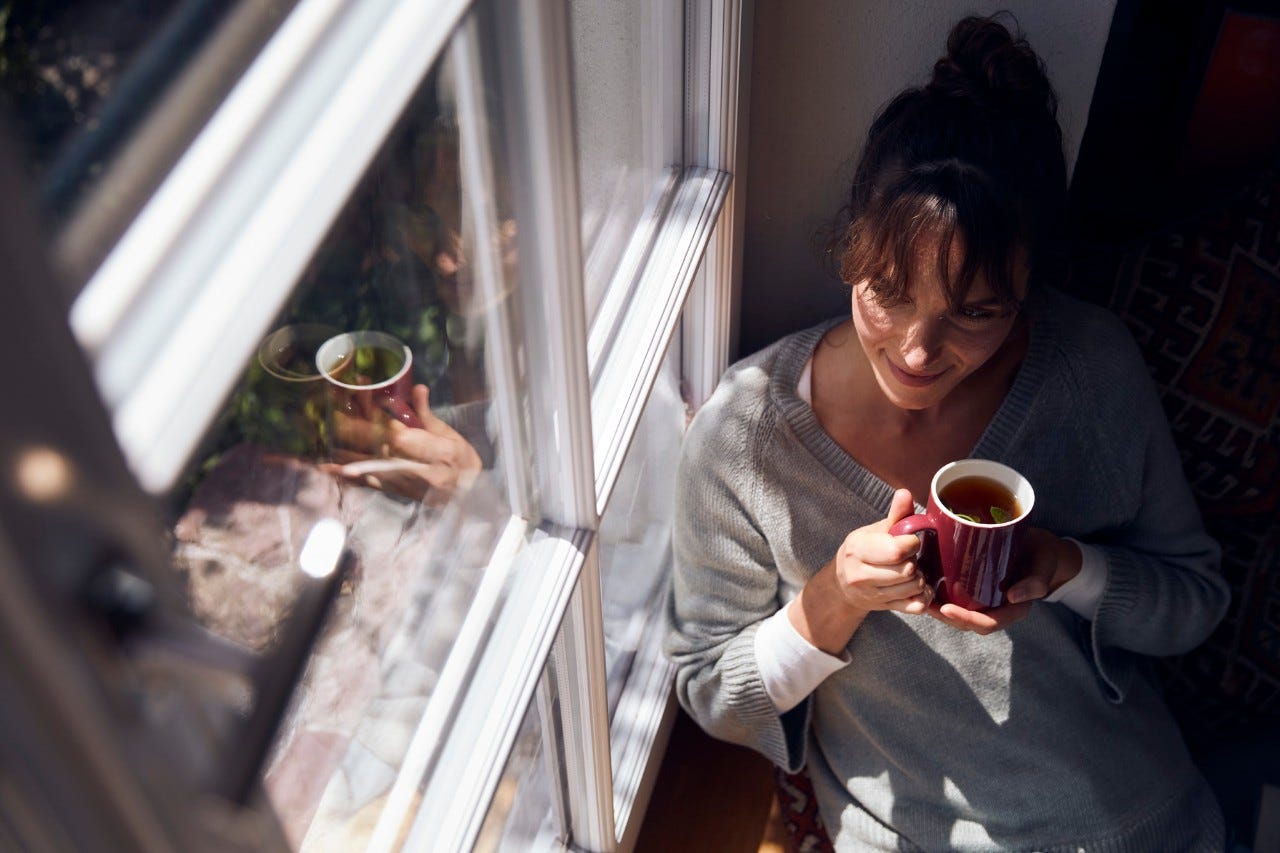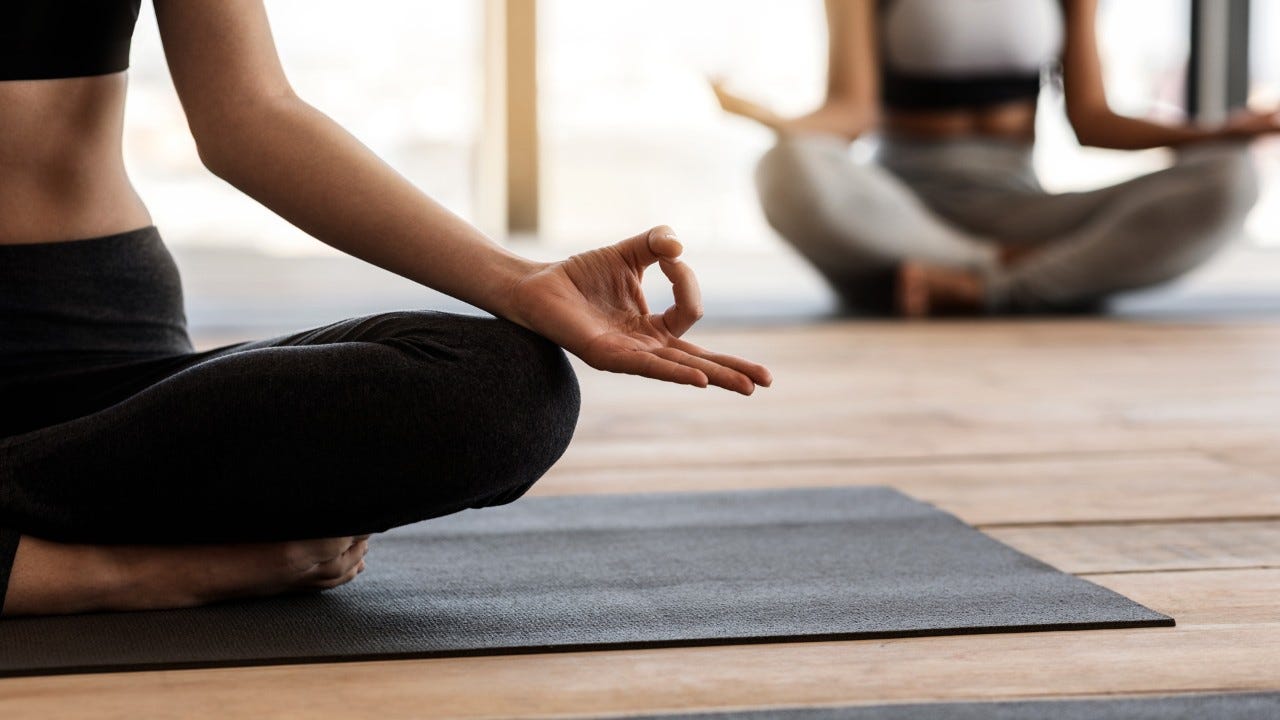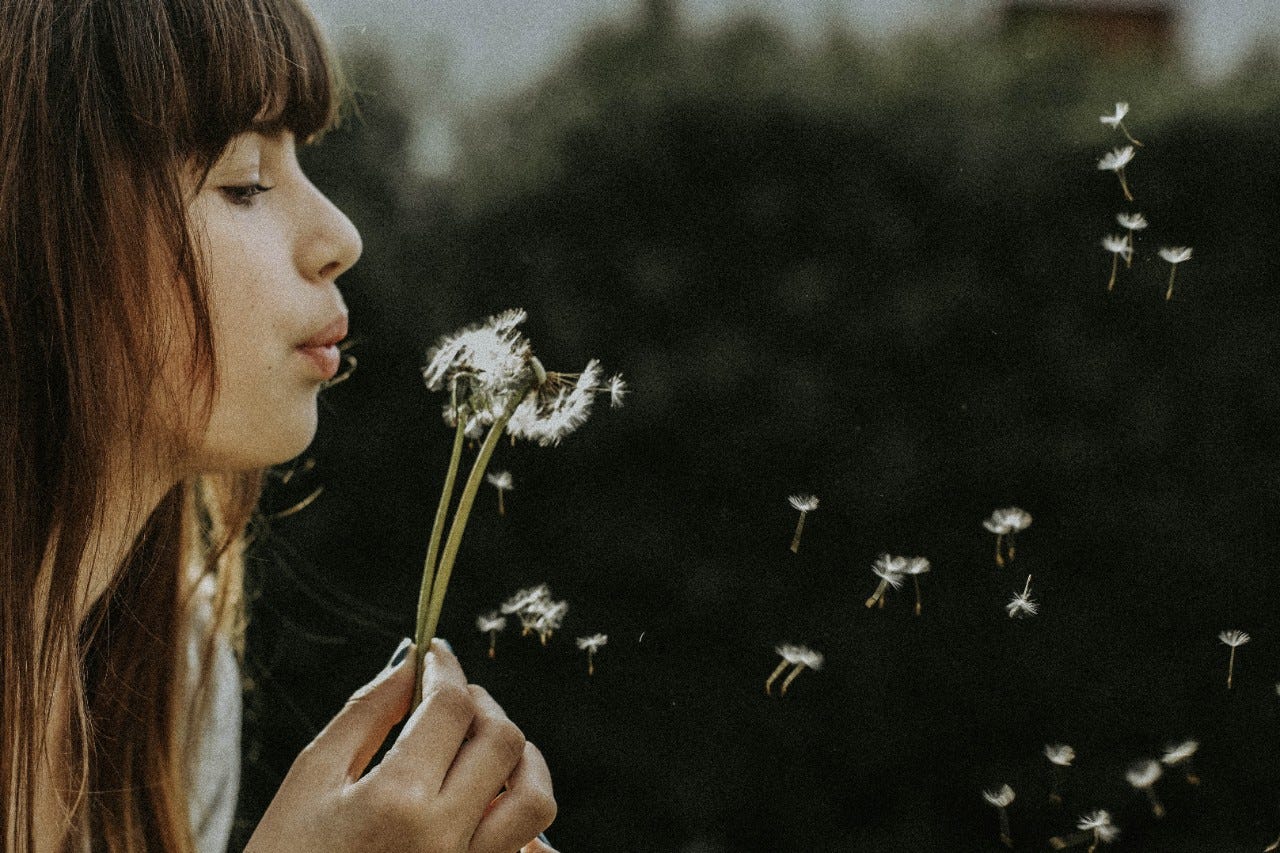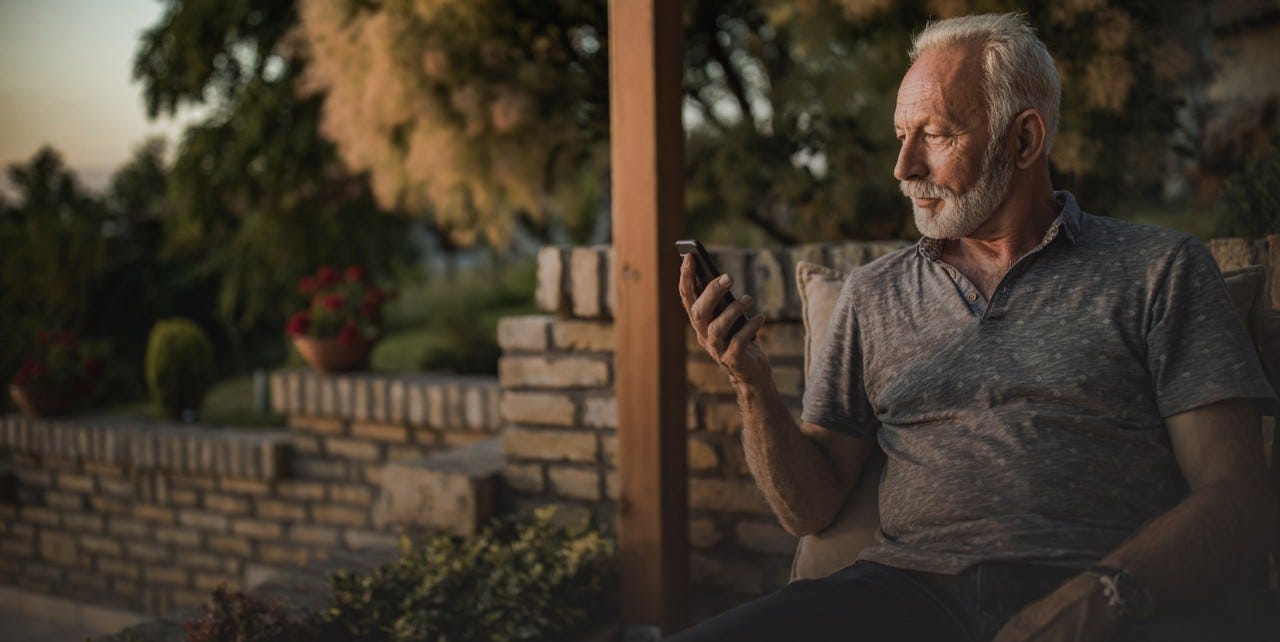Recovery myths: sound advice or false promises?
We’re all familiar with old-wives tales such as drinking a glass of red wine in the evening helps you sleep or coke eases nausea. But is there any truth to them?

Wine helps you sleep better
Do you like to drink a glass of wine in the evening so you can sleep better? A study by neurologist Mahesh Thakkar from the University of Missouri shows that while you may fall asleep faster if you’ve had alcohol, you don’t sleep as deeply. He claims this is due to the messenger substance adenosine, which makes us drowsy. Drinking a glass of wine before going to bed releases too much adenosine into the body, which upsets our sleep-wake cycle, makes us sleep less soundly and means we wake up more often.
Coffee wakes you up and increases efficiency
Coffee livens you up, because caffeine stimulates the adrenal glands to produce the stress hormone adrenaline. However, this effect doesn’t last long. An hour after drinking coffee, you’ll feel weak, tired and irritable again. And then what do you need? Another cup of coffee! But there is some good news: researchers at John Hopkins University in Baltimore have discovered that caffeine can have a positive effect on long-term memory.
Counting sheep helps you fall asleep.
1, 2, 3, 4 ... 100 sheep, and sleep still won't come. It’s not surprising, because counting the four-legged creatures is annoying. Scientists at Oxford University in England have found that you’re more likely to fall asleep if you focus on a relaxing setting, such as a beautiful beach or a secluded mountain lake.
Coke helps against diarrhoea
Diarrhoea can be caused by many things – stress, a virus, bacteria, drug intolerance, food poisoning and enteritis to name but a few. Coke has long been a household remedy against diarrhoea. Unfortunately, it’s likely to do more harm than good. The sugar in coke can actually make the diarrhoea worse. The World Health Organization (WHO) recommends taking an electrolyte solution instead to replenish lost liquids and minerals. If the diarrhoea is caused by stress, relaxation exercises can help. If the diarrhoea lasts for longer than three days, you should consult a doctor.
Stretching prevents sore muscles
If you stretch before and after sport, you won’t get sore muscles. Not entirely. Muscle soreness is the result of small muscle fiber tears that occur during heavy exertion. Stretching doesn’t mend these tears. Nevertheless, according to the Academic Sports Association Zurich (ASVZ), stretching before and after sport can optimally prepare joints, muscles, nerves and blood vessels for physical exertion and provide the necessary relaxation afterwards. By the way: it's also worth stretching in between work. This improves concentration and gets the blood flowing.
Exercise in the evening helps you sleep
Does working out before bed mean you’ll fall asleep quickly? Unfortunately not. A meta analysis of 23 studies conducted by sports scientists at ETH Zurich indicates that If you exercise intensively for less than 60 minutes before going to bed, it takes longer to fall asleep. Nevertheless, sport has a positive influence on the immune system, metabolism and well-being. So there’s nothing against doing light physical activity before going to bed.
Tea with rum to heal a cold
An old grandmother's trick: adding a shot of rum to your tea will get rid of a cold the next day. Warm drinks such as tea can have an expectorant effect, but alcohol weakens the immune system. Therefore, the next time you have a cold, drink the tea pure and add a tablespoon of honey - it has an antibacterial and anti-inflammatory effect.
Only sweet idleness is relaxing
Wrong, says stress specialist Jürg Kuoni in an interview with the Tages-Anzeiger. People who actively regenerate are more rested than those who simply laze around in their free time. His credo: do something that is fun. But don’t overdo it. For example: next Sunday, why don’t you take a gentle stroll in the morning, read in the afternoon and enjoy a delicious meal in the evening.
Long holidays are more relaxing than short trips
Four weeks sun, beach, sea, good food and new cultural experiences Sounds relaxing to you? And it is! But no more relaxing than a short break away. Just looking forward to the holiday makes you feel good and therefore more relaxed. A survey conducted by British market researchers David Gilbert and Junaida Abdullah showed that people who are planning or have just planned a holiday are happier than those who have no vacation to look forward to. So if you want to experience these feelings of happiness several times a year, you should spread your vacation days over several shorter vacations. And beware: four weeks on the beach may sound tempting, but if you don't spend the time actively (see myth 8), then you won't really be able to relax.
TV helps you sleep
Many people like to snuggle down, turn off the lights and switch on the TV in the evening before going to bed. However, studies show that the flickering light and sounds of the TV can disturb your sleep significantly. According to the Lighting Research Center at the Rensselaer Polytechnic Institute in Troy, New York, the same applies to the blue light emitted by tablets and smartphones.
Using these devices for more than two hours before going to bed suppresses the release of the sleep-inducing hormone melatonin by 23%. Melatonin controls our body’s sleep-wake cycle and is essential for restful sleep. In fact, the melatonin production in young people is even more affected by the short-wave light of tablets and smartphones. In a follow-up study, researchers found that the same effect can be observed in teenagers after just one hour.


